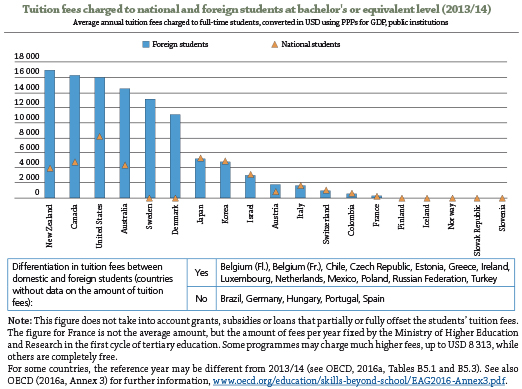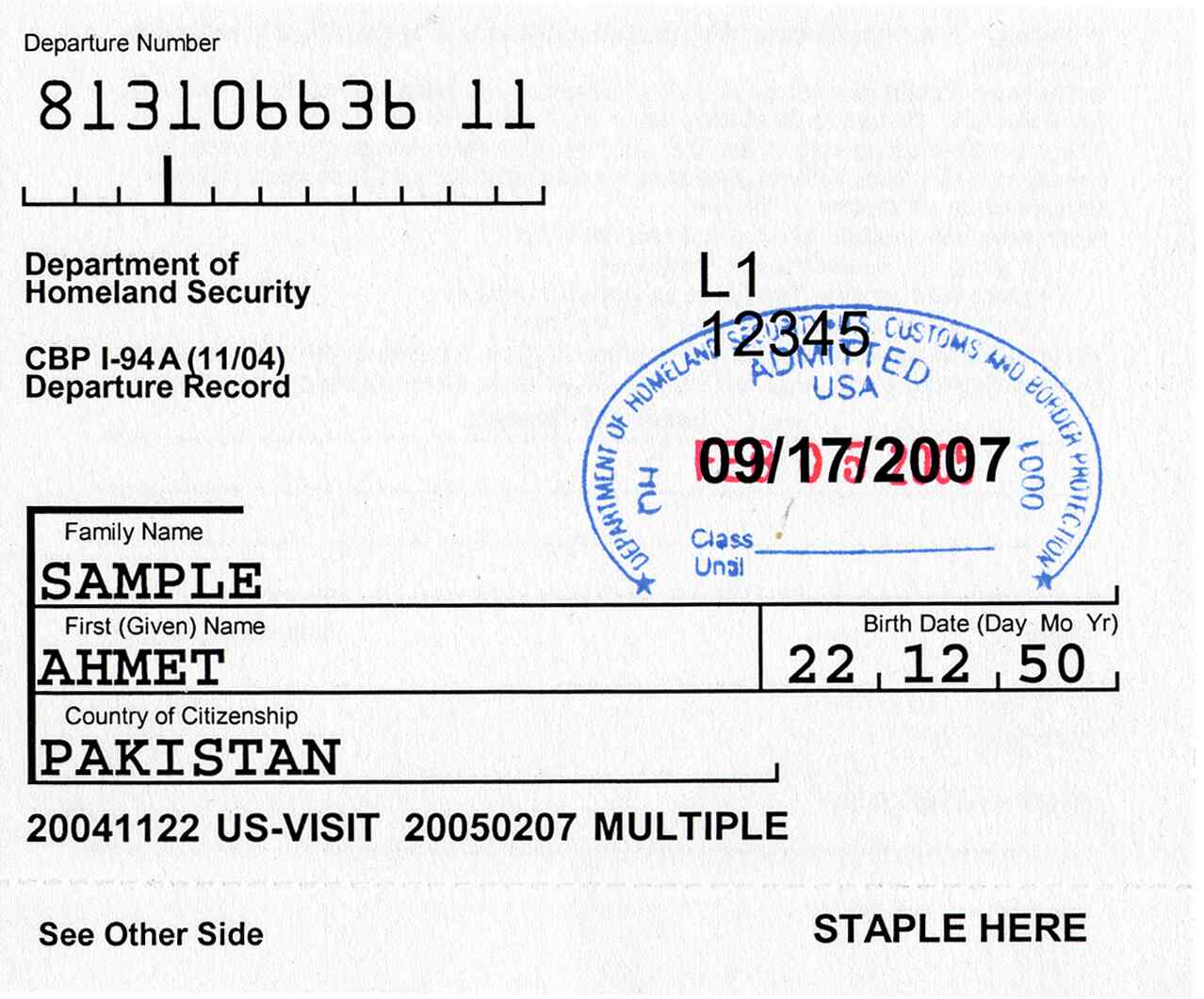In an update to Colorado Immigration Reform, a proposal to grant Colorado driver’s licenses to people in the country illegally received initial review in the Colorado Senate committee this past month, marking a shift in a state that seven years ago passed strict enforcement laws.
Under current law, undocumented non-citizens do not have the ability to obtain a valid driver’s license in the State of Colorado. The bill passed the Senate Judiciary vote. The proposal still needs to be approved by the House of Representatives.
Senator Jessie Ulibarri, (D), the sponsor of the bill, argues that immigrants living in the country are already on Colorado roads, and that it would benefit everyone if they were licensed, carried insurance, and knew the rules of the road. Senator Steve King, (R), a former police officer, said before the hearing that he believed the legislation could improve public safety.
Under the measure, immigrants would have to pass a driver’s license test and prove they are paying state and federal taxes. They also must show an identification card from their country of origin. Ulibarri said the reason for the qualifying documents is in order for immigrants to show they are making themselves known to state government.
The licenses would show that the people are not U.S. citizens, so they could not register to vote, or use the identification to board a plane or become employed. Colorado’s county sheriffs and police chiefs support the bill.
Coloradoans argue that the bill goes too far and that state lawmakers should wait for action by the federal government. Lawmakers are considering the measure but are concerned about giving the message that it is OK to break federal law. Supporters of the driver’s license bill said public opinion on illegal immigration in Colorado is changing.
In 2006, Democrats joined Republicans in passing a strict package of immigration laws, including barring non-emergency benefits to those in the country illegally. Lawmakers also passed a requirement for law enforcement to report people they arrest who are suspected of being in the country illegally to federal immigration officials. A bill to repeal that law this year has made its way to the governor’s desk.









